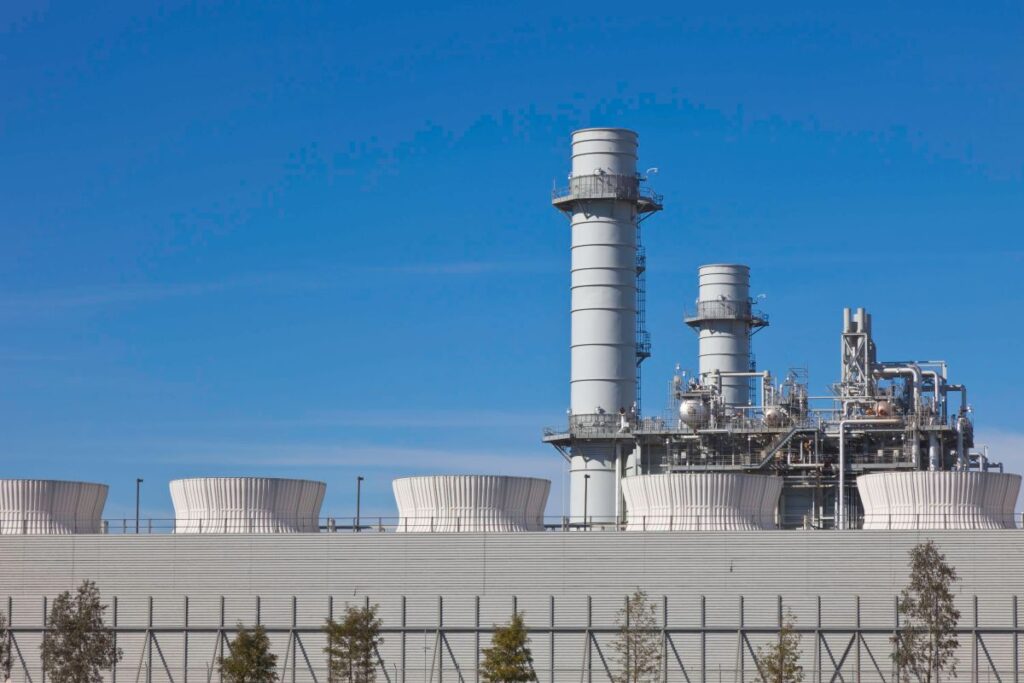Google announced today that it will invest in a natural gas power plant in Illinois that aims to capture a large portion of its carbon emissions.
The 400-megawatt power plant will be built outside Decatur next to an ethanol plant operated by Archer Daniels Midland (ADM), which already captures CO2 from its operations. Google will buy most of the electricity to power nearby data centers, while ADM will use some of the plant’s steam and electricity. Low carbon infrastructure is developing new projects.
Google intends to capture “approximately 90%” of the CO2 produced by its power plants, the company said.
Carbon dioxide from Google’s power plants will be injected into the same geological storage formation already used at ADM’s ethanol facility. This site is the location of the first long-term CO2 storage well in the United States
Typically, about 2,000 tons of CO2 are pumped into the well each day. But the injections were halted in 2024 after it was discovered that brine storing dissolved CO2 deep underground was moving into “unauthorized areas,” according to the EPA. According to a report in E&E News, ADM announced that the leak was the result of corrosion in the monitoring well and that injections have since resumed.
Carbon capture and storage (CCS) holds great promise for reducing carbon emissions from coal and natural gas power plants, but the track record in this area has been mixed.
A recent study of 13 CCS facilities representing 55% of the carbon captured shows that most are not meeting expectations. The ExxonMobil facility in Wyoming, which processes natural gas, recovered 36% less than expected. The 115-megawatt power plant in Canada that most closely resembles Google’s project is producing only about 50% of its promised power.
While CCS can reduce pollution from burning natural gas to generate electricity, it does nothing to address methane leaks that occur throughout the natural gas supply chain. Methane is a powerful greenhouse gas, causing 84 times more warming than carbon dioxide over 20 years.
As a result, leaks can significantly change carbon calculations. Natural gas has a leakage rate of only 2%, comparable to coal when burned unabated. Capturing carbon reduces that number, but it does not eliminate the warming caused by natural gas extraction and transportation.
Source link

